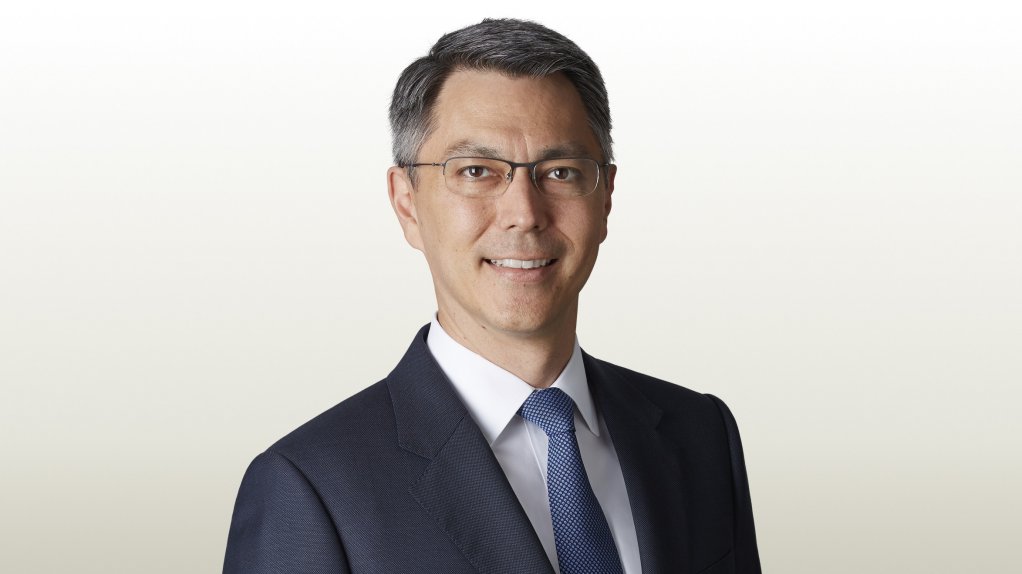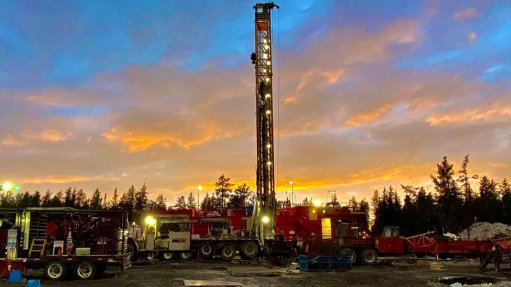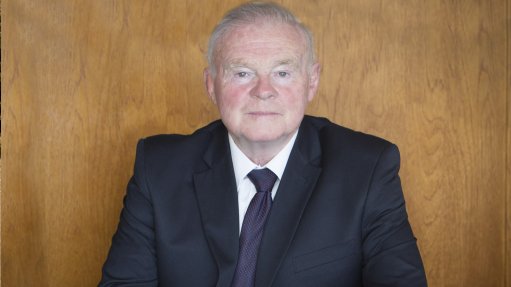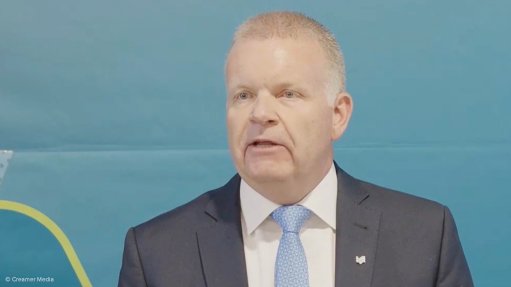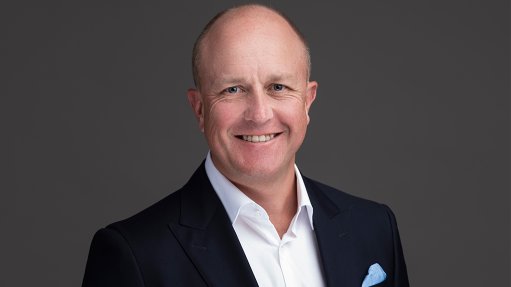BHP calls for global collaboration on critical minerals
PERTH (miningweekly.com) – Mining giant BHP has noted that global collaboration and a significant quantum of capital will be required in order to source the critical minerals needed to drive decarbonisation.
Speaking at the IEA Critical Minerals and Clean Energy Summit, BHP CEO Mike Henry said there was global recognition of the worked needed to significantly scale up the supply of certain metals, but that the hunt for these metals was encountering some significant challenges.
“The grade, or percentage of metal in a given volume of ore, is falling at existing operations. And this means more ore needs to be mined just to stand still. Newly discovered and developed deposits are, on average, incrementally lower grade as well.
“They’re increasingly hard to find, oftentimes deeper, and oftentimes smaller,” Henry said.
“Opportunities are being pursued in jurisdictions with less established mining industries, institutions and governance. And, of course, societal expectations in respect of environmental, social and governance (ESG) and how value gets created for all stakeholders has grown – and rightly so.
“These difficulties and growing expectations have some very important implications.
“Firstly, collaboration is going to be ever more important. We must work together to go about this in the right way, guided by common global standards, and with good governance, throughout the whole of the value chain.
“Secondly, this effort is going to require a significant and growing quantum of capital,” Henry said,
He pointed to BHP’s estimates which found that under a plausible 1.5 degree scenario, the copper industry could require around $250-billion in growth capital over the next seven years to 2030, and that is over and above sustaining capital.
However, currently committed growth projects over this period only amount to around $40-billion or $50-billion today.
“More projects need to be identified, permitted and given the green light by those who are to invest in them. Governments and communities need to be supportive of these projects progressing and capital providers need to be flowing the capital to those companies that uphold the high ESG standards that must be met.
“These challenges can be overcome, but it will require shared perspective, common aspiration and a high degree of collaboration,” Henry said.
He called on governments to provide predictability and stability to attract capital at lowest possible cost and as quickly as possible. This meant stable fiscal settings, streamlined planning and permitting processes and harmonised standards.
“Today, too often we still see short-termism in government policy, or policies which seek to meet near-term political objectives, but which show limited understanding of what drives investment. And this slows up deployment of capital and will ultimately make the energy transition harder and more expensive. The flip side of course is that governments that do provide this certainty and stability will be the winners in this race to meet the world’s need for critical minerals,” Henry said.
“We should also be mindful of the fact that while subsidies can in some instances help to accelerate, they can also distort markets and, handled poorly, can inadvertently actually undermine our long-term goal of securing sufficient and low-cost supply.
“Capital markets should work in a way that promotes the objective of low-cost and stable supply, and indeed use their firepower, to enable, or to constrain, access to capital.”
Henry argued that miners should be granted access to resources based on the value they create, including for host communities and First Nations peoples.
“Opening a mine, done well, creates sustainable wealth and jobs. It brings tax revenues, which in turn fund public services, like health and education. It creates jobs, both directly and indirectly. And it generates a base of skills that can be leveraged into other industries.
“But of course this must be done with least possible impact to the environment. We need a small set of common standards, upheld by all, and where performance against those standards is a greater determinant and increasing determinant of access to capital. I think the functioning of the market in this regard is still maturing.
“We also have too many standards for the same ESG dimensions, this leads to confusion and dissipated effort. Convergence on this front would be welcome, it would result in more focused effort, for higher positive impact.
“We must also not lose the opportunity to improve natural resources governance across the board, so that countries endowed with resources see economic value trickle-down. Key to natural resources governance are policies such as transparency around taxes paid, strong anti-corruption frameworks and transparency around approvals processes.”
Article Enquiry
Email Article
Save Article
Feedback
To advertise email advertising@creamermedia.co.za or click here
Announcements
What's On
Subscribe to improve your user experience...
Option 1 (equivalent of R125 a month):
Receive a weekly copy of Creamer Media's Engineering News & Mining Weekly magazine
(print copy for those in South Africa and e-magazine for those outside of South Africa)
Receive daily email newsletters
Access to full search results
Access archive of magazine back copies
Access to Projects in Progress
Access to ONE Research Report of your choice in PDF format
Option 2 (equivalent of R375 a month):
All benefits from Option 1
PLUS
Access to Creamer Media's Research Channel Africa for ALL Research Reports, in PDF format, on various industrial and mining sectors
including Electricity; Water; Energy Transition; Hydrogen; Roads, Rail and Ports; Coal; Gold; Platinum; Battery Metals; etc.
Already a subscriber?
Forgotten your password?
Receive weekly copy of Creamer Media's Engineering News & Mining Weekly magazine (print copy for those in South Africa and e-magazine for those outside of South Africa)
➕
Recieve daily email newsletters
➕
Access to full search results
➕
Access archive of magazine back copies
➕
Access to Projects in Progress
➕
Access to ONE Research Report of your choice in PDF format
RESEARCH CHANNEL AFRICA
R4500 (equivalent of R375 a month)
SUBSCRIBEAll benefits from Option 1
➕
Access to Creamer Media's Research Channel Africa for ALL Research Reports on various industrial and mining sectors, in PDF format, including on:
Electricity
➕
Water
➕
Energy Transition
➕
Hydrogen
➕
Roads, Rail and Ports
➕
Coal
➕
Gold
➕
Platinum
➕
Battery Metals
➕
etc.
Receive all benefits from Option 1 or Option 2 delivered to numerous people at your company
➕
Multiple User names and Passwords for simultaneous log-ins
➕
Intranet integration access to all in your organisation



